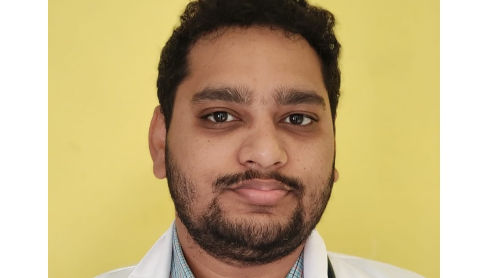- Home
- Speciality specific Q&A
- Cardiology
- Heart Disease
I'm really worried about my aunt who's dealing with hypertension. Her blood pressure was really high at 190110 during her echo testing. The echo report mentioned things like AO 30mm, LA 40mm, EF 60%, and LVIDd 40mm, among others. She was diagnosed with CVH and grade 1 LVDD. I've heard CVH can be reversible with long-term control of blood pressure. The doctor has prescribed meds, and now her BP is down to 13185. I'm just trying to understand if her condition is mild, moderate, or severe. Can you help me make sense of all this?
I'm really worried about my aunt who's dealing with hypertension. Her blood pressure was really high at 190110 during her echo testing. The echo report mentioned things like AO 30mm, LA 40mm, EF 60%, and LVIDd 40mm, among others. She was diagnosed with CVH and grade 1 LVDD. I've heard CVH can be reversible with long-term control of blood pressure. The doctor has prescribed meds, and now her BP is down to 13185. I'm just trying to understand if her condition is mild, moderate, or severe. Can you help me make sense of all this?
I'm really worried about my aunt who's dealing with hypertension. Her blood pressure was really high at 190110 during her echo testing. The echo report mentioned things like AO 30mm, LA 40mm, EF 60%, and LVIDd 40mm, among others. She was diagnosed with CVH and grade 1 LVDD. I've heard CVH can be reversible with long-term control of blood pressure. The doctor has prescribed meds, and now her BP is down to 13185. I'm just trying to understand if her condition is mild, moderate, or severe. Can you help me make sense of all this?
Based on the information provided, your aunt's CVH (Cardiovascular Hypertension) condition is concerning due to her high blood pressure of 190110. However, with proper management and the prescribed blood pressure tablets, her current blood pressure of 13185 is within a better range. To help control her blood pressure and potentially improve her CVH, the doctor may have prescribed medications such as Amlodipine (5mg) and Lisinopril (10mg) to be taken daily. These medications can help lower blood pressure and reduce the strain on the heart. In terms of the severity of her CVH, it is considered mild at this stage with grade 1 LVDD (Left Ventricular Diastolic Dysfunction). With continued management of her blood pressure and overall health, there is a possibility that the CVH can be reversible over time. Remember to monitor her blood pressure regularly, take the prescribed medications as directed, follow a healthy lifestyle, and attend follow-up appointments with her doctor for further evaluation and management of her condition.




